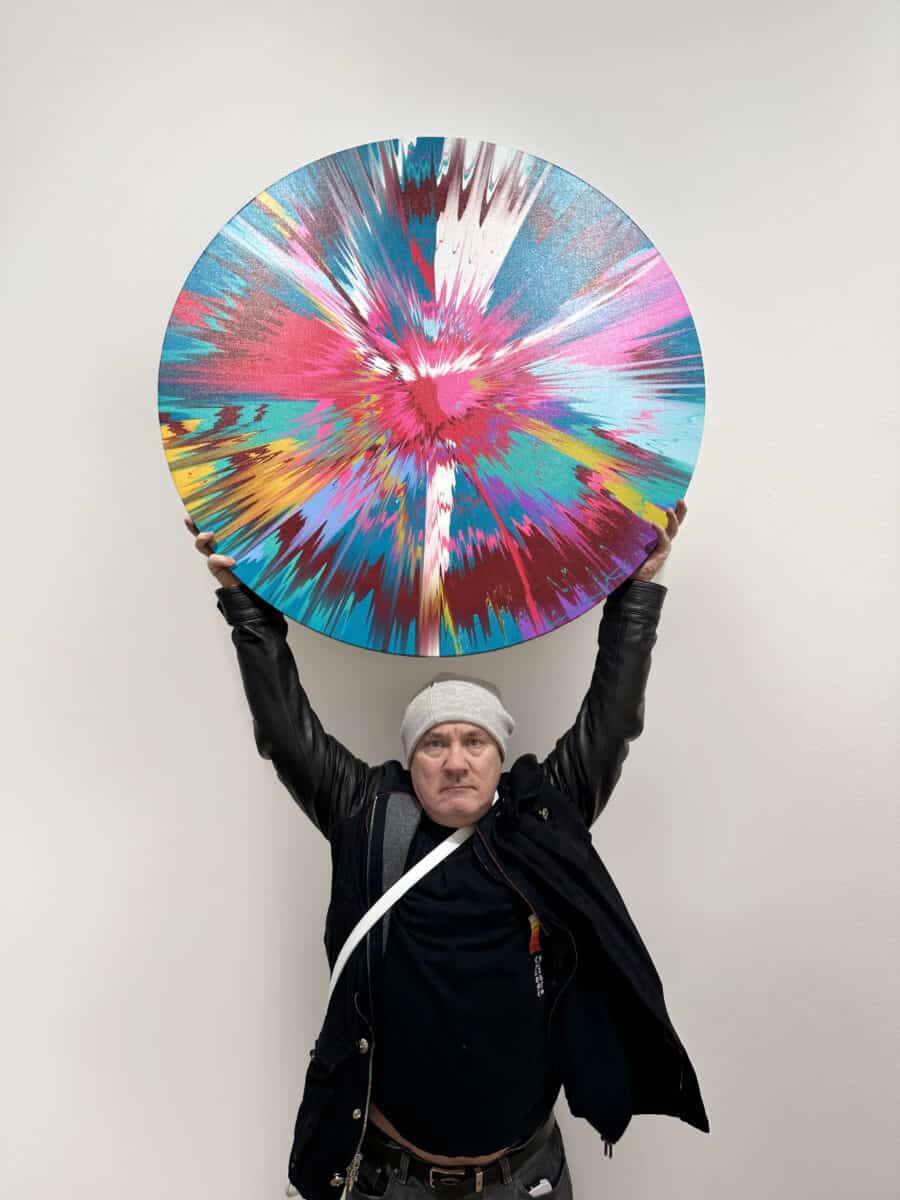Another important blockchain use case: Detecting counterfeits

The World Customs Organization has identified that these counterfeit products are exported to around 140 countries. Read on to learn more about how blockchain can bring supply chain transparency and reduce product counterfeiting.
Counterfeit products are a huge burden on the global economy and have serious economic consequences. The value of counterfeit products in circulation is estimated at 250 billion dollars per year, according to the Organization for Economic Co-operation and Development (OECD). Meanwhile, the World Customs Organization has identified that these counterfeit products are exported to around 140 countries.
At its core, the challenge of detecting product counterfeiting requires transparency in the supply chain. Conventional supply chain management has poor coordination between intermediaries, lacks standardization and involves unknown disputes that are impossible to trace.
In such a scenario, blockchain technology, the underlying record-keeping system behind cryptocurrencies, has emerged as a transformative change in the supply chain. Read on to learn more about how blockchain can bring supply chain transparency and reduce product counterfeiting.
Blockchain’s role in supply chain transparency
The impact of counterfeit products goes beyond just businesses and governments; society is robbed of tax revenue, employment opportunities and business income. Counterfeiting not only leads to increased expenses for fraud detection methods, but also reduces the turnover of legitimate companies.
Previous methods such as QR codes, RFID tags and AI have been used to combat counterfeit products, but they have limitations. For example, QR codes can be duplicated from the original packaging to the fake one, and AI requires heavy computing power, which is not sustainable in the long run.
However, blockchain technology can identify genuine products and detect fakes by tracing their supply chain from manufacturer to end user.
In a nutshell, a blockchain is a distributed ledger of records. In the case of the digital asset industry, crypto transactions are verified by network users and aggregated into blocks. Each block contains a link to the block before it and the block after it. Hence the name blockchain.
The entire blockchain, which is essentially a ledger of transactions, is then distributed to network participants. This ensures full transparency as transaction records are open to everyone. It also ensures that transactions, once verified and added to the chain, cannot be altered.
If bad actors are able to access and change transaction details on one of the network devices, it will not match the correct data stored on thousands of other network devices. The same technology can be used to track the journey of goods from manufacturer to customer.
Therefore, the use of blockchain in supply chain management will make it easier to track, register and verify the authenticity of products and detect any fraudulent activity in the network. Traceability and transparency in the supply chain can be improved, preventing the sale of counterfeit goods.
Blockchain keeps an immutable and transparent record of a product’s path from producer to consumer by recording the movement of goods on a decentralized ledger. In this way, companies can guarantee the authenticity of the brand, while supply chain participants can avoid disputes since everything would be traceable, from where raw materials are obtained as intermediaries participated in the process.
A look at some live use cases
According to an article by the United Nations Office on Drugs and Crime (UNODC), sales of counterfeit pharmaceutical products from Asia to Southeast Asia and Africa alone amount to over $1.6 billion per year.
To tackle this problem, a company called MediLedger has introduced a blockchain-based drug tracking system called Chronicled. It traces the medicine’s journey, from manufacturer to distributor, to wholesaler to pharmacy and finally to consumer.
Similarly, the multinational technology company IBM leveraged blockchain technology to provide healthcare services designed to securely verify healthcare credentials.
Apart from the pharmaceutical industry, companies such as Ford are also using blockchain to track their cobalt supply, while FedEx and UPS are using blockchain to track shipments. De Beers, a diamond producer, also verifies that their diamonds do not contain conflict diamonds (aka blood diamonds) via blockchain.
Copies of high-end brands are also quite common and tarnish the company’s reputation. That’s why Louis Vuitton, Tag Heuer, Tiffany & Co. and Parfums Christian Dior also part of a blockchain consortium called Aura. This enables their consumers to trace product history and provide proof of authenticity. Similarly, Walmart has partnered with Nestle, IBM, Dole and Kroger to improve food traceability. Nestle leveraged blockchain to track its milk sources, and Bumble Bee Foods deployed blockchain to track yellowfin tuna from the ocean to the end user.
Conclusion
Counterfeit products have become a lucrative business, and their negative consequences are often overlooked. In some cases, counterfeit products that copy luxury brands are often encouraged since bargain hunters tend to buy other copies at cheap prices. Thus, blockchain technology is not the only solution to combat counterfeit products – awareness also plays a significant role. Nevertheless, the use of blockchain technology in the food industry, the health sector, electronics and cars is a good start to bring about a central change.

























